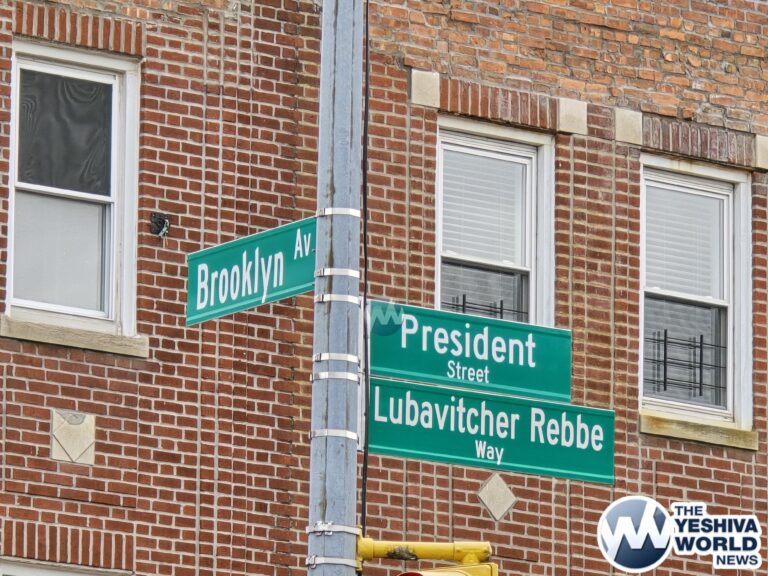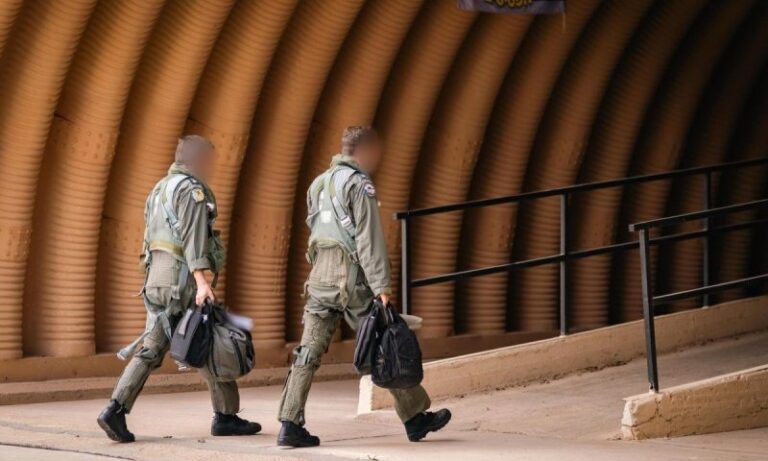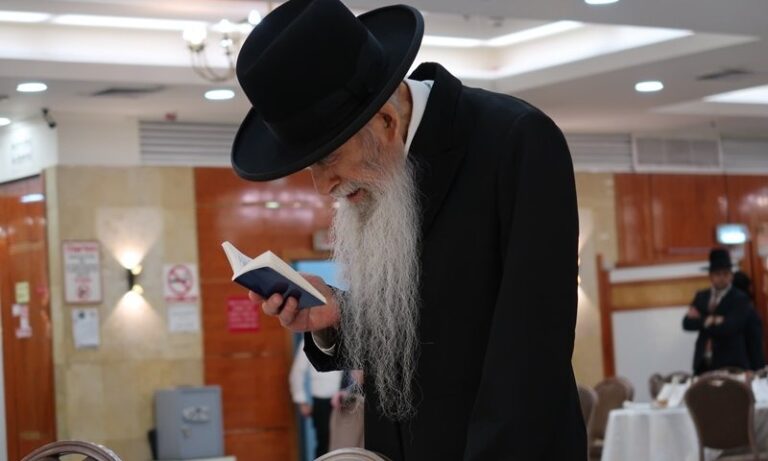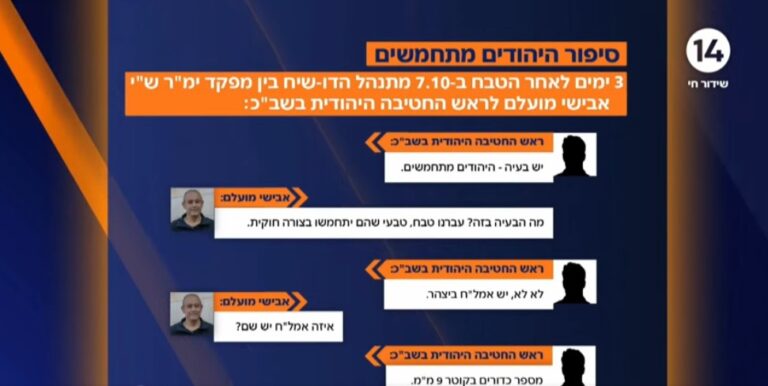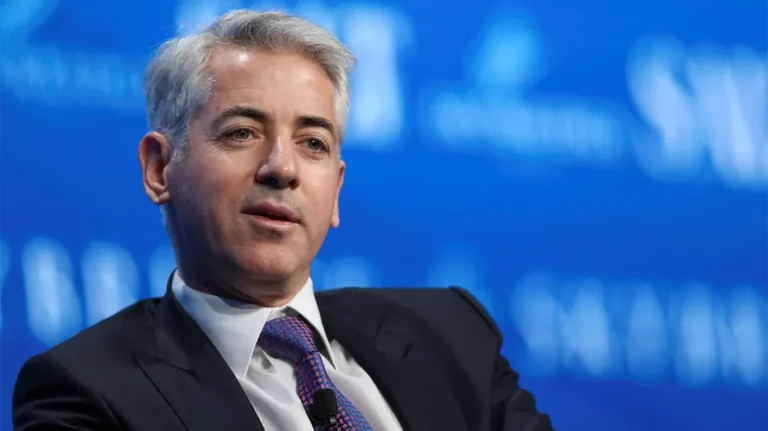 Closing arguments began on Tuesday in the fraud trial of two former fundraising associates of John Liu, a Democratic candidate in New York City’s mayoral race, with prosecutors saying that he would have known the campaign routinely used illegal methods to solicit funds.
Closing arguments began on Tuesday in the fraud trial of two former fundraising associates of John Liu, a Democratic candidate in New York City’s mayoral race, with prosecutors saying that he would have known the campaign routinely used illegal methods to solicit funds.
Prosecutors told the jury that Jia Hou, the campaign’s former treasurer, and Xing Wu Pan, a fundraiser for Liu, were following a “playbook” used frequently in Liu’s campaign when they recruited straw donors, who are then illegally reimbursed for their donations.
Hou and Pan have pleaded not guilty to charges that they broke campaign financing rules by using straw donors in an attempt to fraudulently get money from the city’s donation-matching program.
Liu, the city’s comptroller, has not been charged with any crimes following the federal investigation of his campaign. His lawyer said on Tuesday he was never aware of any wrongdoing in his campaign.
Liu ranks third in the large Democratic field seeking to succeed Mayor Michael Bloomberg, an independent serving his third and final term, according to an NBC New York-Marist poll conducted earlier this month.
In 2011, Pan was secretly recorded several times by an undercover FBI agent who posed as a Texan restaurateur called Richard Kong, who said he was trying to secure a meeting with Liu to ask for help with opening a restaurant chain in the city.
Pan arranged for the agent to donate $16,000 to Liu’s campaign through 20 straw donors and organized a fundraising event at a restaurant to complete the transaction and meet with Liu, prosecutors say.
The New York City Campaign Finance Board limits the amount an individual can donate to a campaign to $4,950, in part to try to prevent wealthy people from having an outsize influence in elections.
Pan explained to the agent that Liu and his campaign staff would know he was the real source of the funds through “code words.”
“The code words are, ‘It’s your event’,” Justin Anderson, a prosecutor from the office of the U.S. attorney for New York’s southern district, told the jury at Manhattan federal court. “Now what that’s code for is, it’s Richard’s money.”
SECRET RECORDINGS
In secret recordings replayed to the jury on Friday, Pan can be heard introducing the agent to Hou and Liu in that way shortly before the agent has a private meeting with Liu.
“It would defeat the whole purpose of the straw donor scheme if the candidate didn’t know where the money is coming from,” Anderson told the jury. “That’s the whole point of these people funneling large donations into a campaign – it’s to get credit for it.”
Hou, as treasurer, also deliberately ignored signs that contributions were coming from straw donors and failed to fully report so-called intermediaries who helped collect donations to the campaign finance board, he said.
“They simply followed the campaign playbook, they selected straw donors themselves who they thought could carry them over the goal line,” Anderson said, saying their actions were part of “a corrupt scheme to undermine an election, conceal a source of campaign contributions, hide intermediaries and cheat the city out of the public’s money.”
Pan’s lawyers say their client was a victim of entrapment who only agreed to the straw donor scheme because of pressure from the undercover agent.
Hou’s lawyers have pointed to her youth and inexperience – she was 24 when she became treasurer – and said she always followed the advice of campaign lawyers in interpreting campaign financing rules.
Paul Shechtman, a lawyer for Liu who testified earlier in the trial, criticized the prosecutors’ approach of suggesting Liu knew of illegal methods in his campaign.
“It’s a sad day when a great office substitutes rhetoric for evidence,” he said by telephone after the hearing. “There is not a shred of evidence at the trial or in the last three years that John Liu knew anything about any wrongdoing that might be connected to his campaign.”
Pan, of Hudson County in New Jersey, and Hou, of Queens County in New York, each face one count of conspiracy to commit wire fraud and one count of attempting to commit wire fraud. Each charge carries a maximum sentence of 20 years in prison. Hou has also been charged with obstruction of justice and making false statements.
Defense lawyers for both defendants are due to make their closing arguments on Wednesday before the jury begins deliberating.
(Reuters)



